FHA Guidelines
Buying a home can be daunting, which is why it helps to be as informed as possible. Learn all about the FHA loan process and what it takes to get approved.
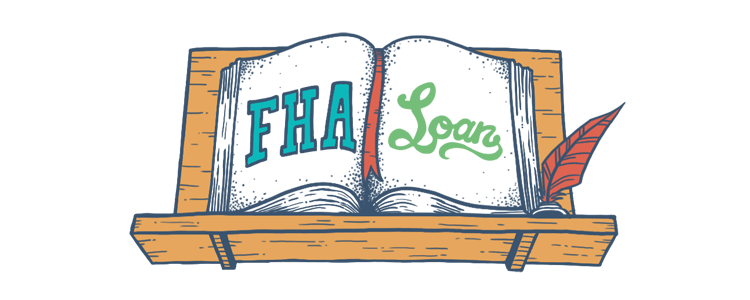
An FHA loan is insured by the Federal Housing Administration. It comes with low down payments for borrowers and protects lenders from financial risk if the borrower defaults on the loan. Lenders have to meet certain criteria for their mortgages to be termed "FHA-approved," and borrowers must also satisfy a number of requirements to qualify for one of these loans.
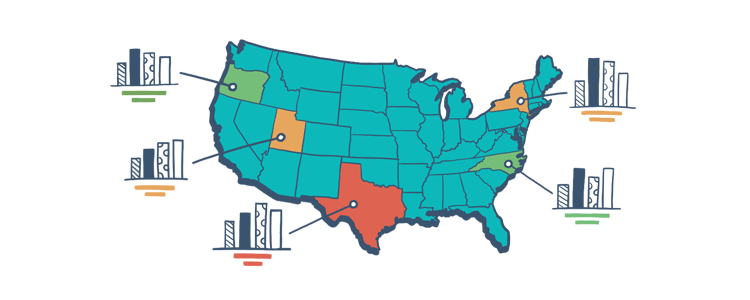
The FHA has a maximum loan amount that it will insure, based on county and the property size. These caps, known as the FHA Lending Limits, are updated annually and are influenced by the conventional loan limits set by Fannie Mae and Freddie Mac. FHA loan limits for single-family homes in 2025 range from $524,225 to $1,209,750.
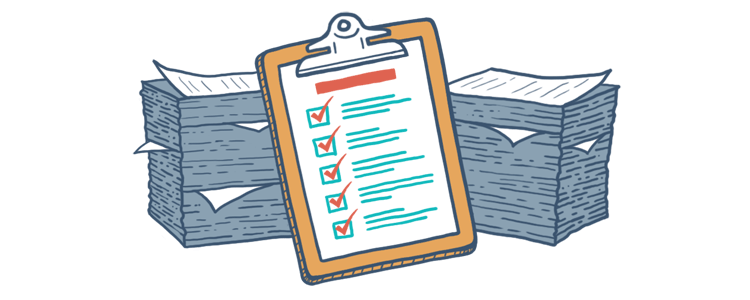
A big selling point for FHA loans is the low credit score requirement. Homebuyers with insufficient credit histories, who find it difficult to qualify for conventional loans with higher minimums, can more easily meet the FHA's minimum credit requirement of a 580 FICO score. Learn about what goes into the make-up of you credit score, and how you can work to increase it.
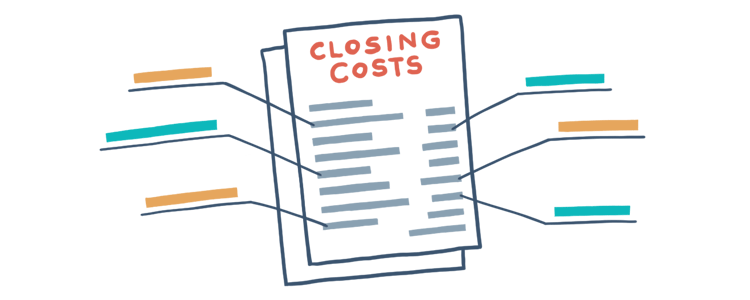
As with any mortgage, you'll incur some fees that need to be paid at the closing of your home loan. These charges are collectively called closing costs and they typically amount to 3% of the loan amount. FHA closing costs encompass all the fees and charges owed at the closing of a mortgage, such as appraisal fees, inspection fees, deposit verification fees, and home inspection fees.

In order to continue backing home loans, the FHA collects a monthly Mortgage Insurance Premium. These funds are used to protect the lenders—in that case that FHA borrowers default on their mortgages—and to fund the agency itself. Homebuyers with an FHA loan pay an Upfront Mortgage Insurance Premium, as well as the Monthly Mortgage Insurance Premium.
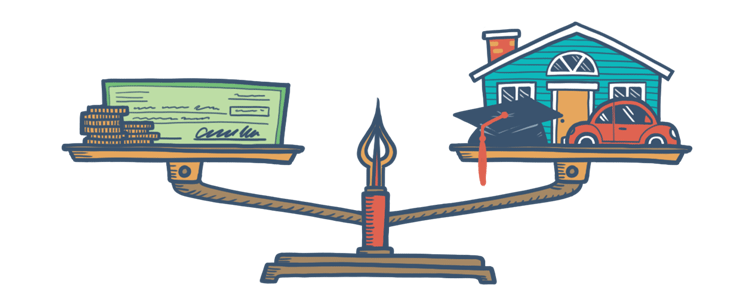
It's important that the FHA ensures that borrowers are not signing up for mortgages they cannot reasonably afford, which is why it is mandated that all potential homebuyers' debt-to-income ratios fall within certain set maximums. This helps lower the number of foreclosures since borrowers aren't bound to a mortgage they cannot afford.

FHA Loan Articles
September 13, 2023FHA rehab loans are a specialized type of mortgage loan offered by the Federal Housing Administration that allows borrowers to finance both the purchase or refinance of a home and the cost of needed repairs.
September 8, 2023Borrowers considering an FHA loan should be familiar with some basic loan terminology. These loans are popular among first-time homebuyers and those with lower credit scores because they often offer more flexible eligibility requirements and lower down payment options.
September 2, 2023You may have heard the terms co-borrower and cosigner in connection with your FHA loan process, but aren't sure about the distinction. Both a co-borrower and a cosigner can help a primary borrower qualify for a mortgage, but they have different roles and responsibilities.
August 27, 2023The Federal Housing Administration has specific credit requirements and guidelines for borrowers looking to buy or refinance homes with an FHA loan. In addition to what FHA guidelines state, lenders may have more stringent requirements that may vary from one lender to another.
August 23, 2023Mortgage APR (Annual Percentage Rate) and a loan's interest rate are two different things, although they are closely related. Understanding the difference is an important part of a borrower's analysis of the true cost of their mortgage.
August 19, 2023FHA refinance loans allow homeowners with existing FHA loans to refinance their mortgages. These loans are designed to help borrowers take advantage of lower interest rates, reduce their monthly mortgage payments, or access equity in their homes for various purposes.







